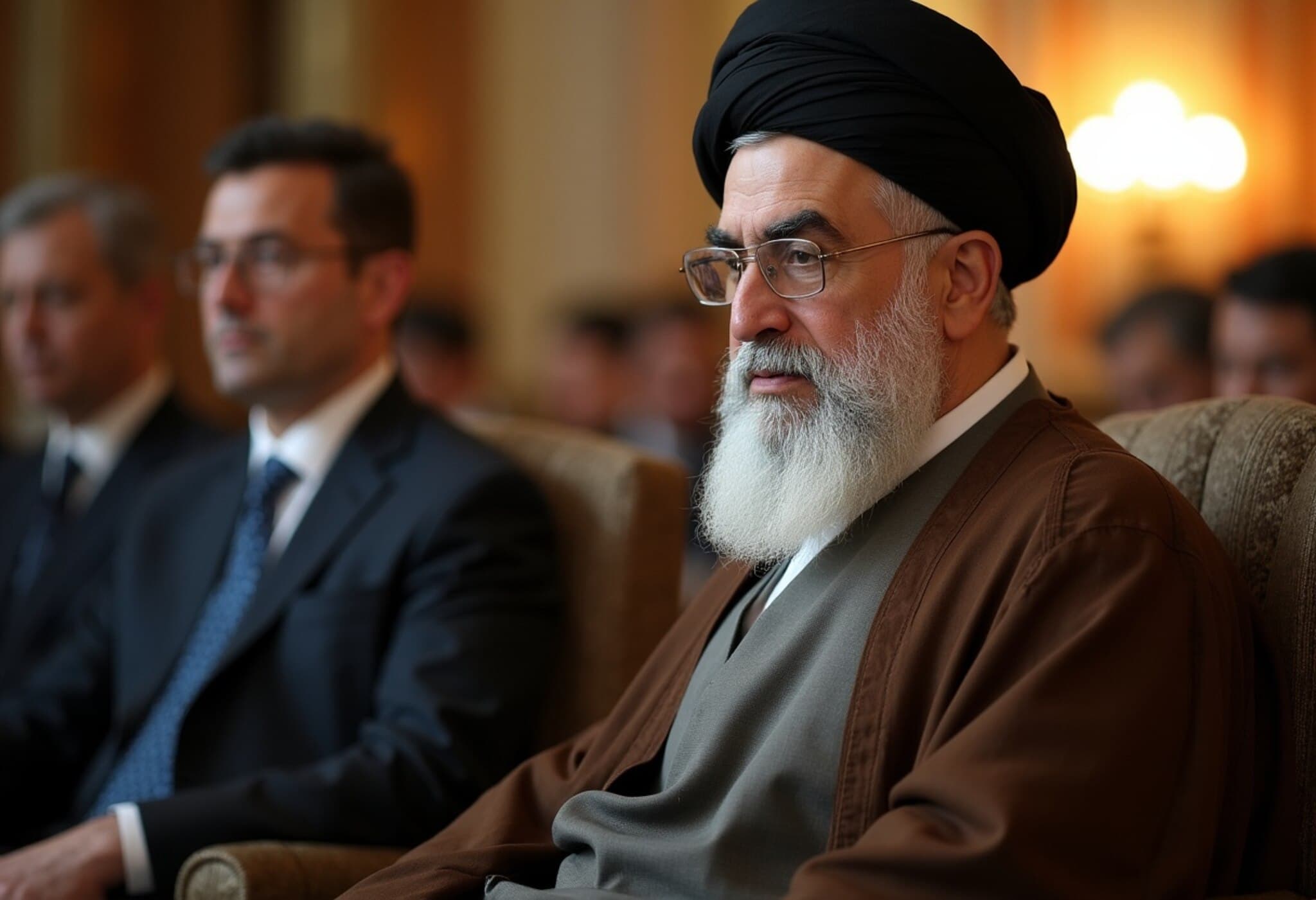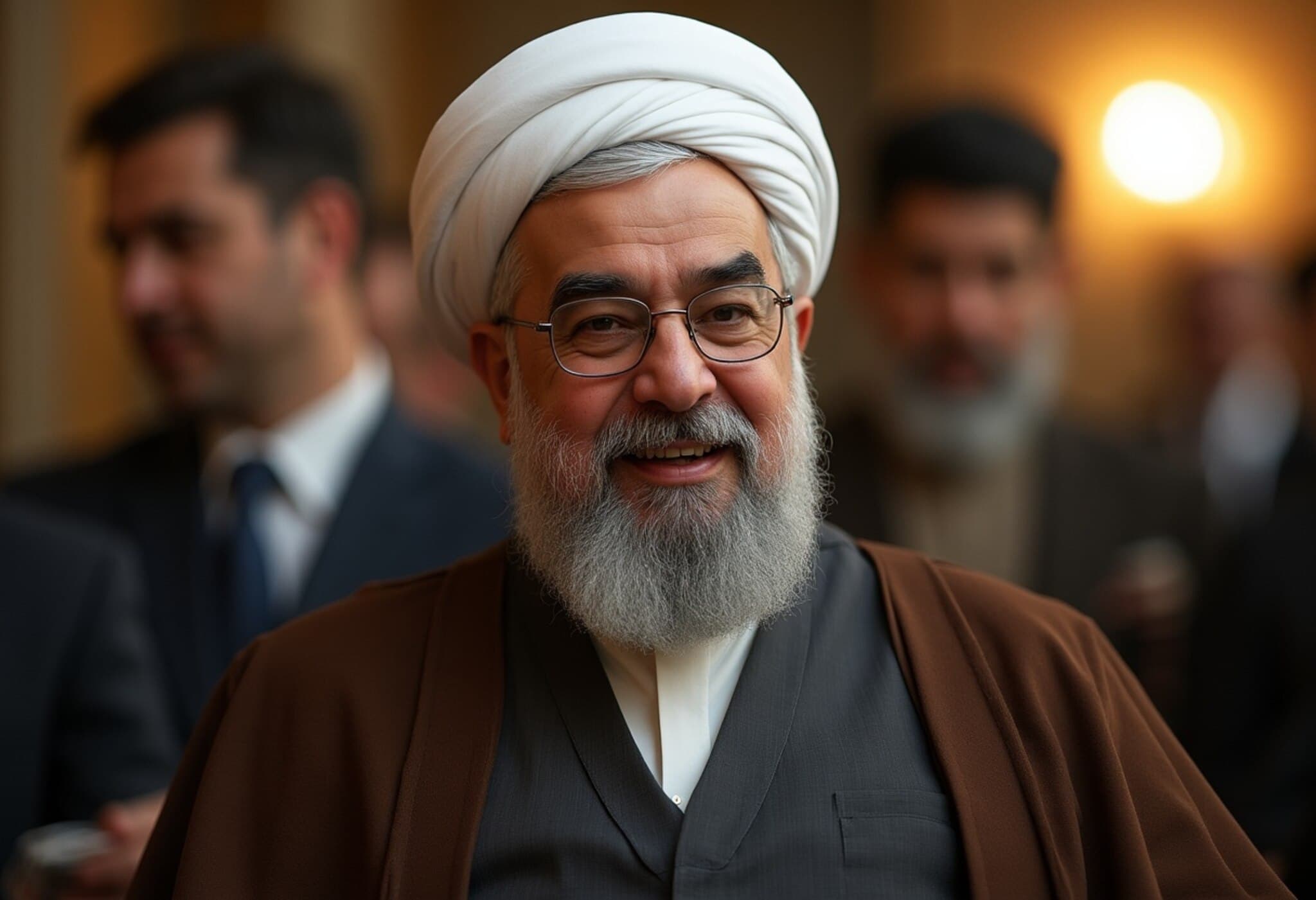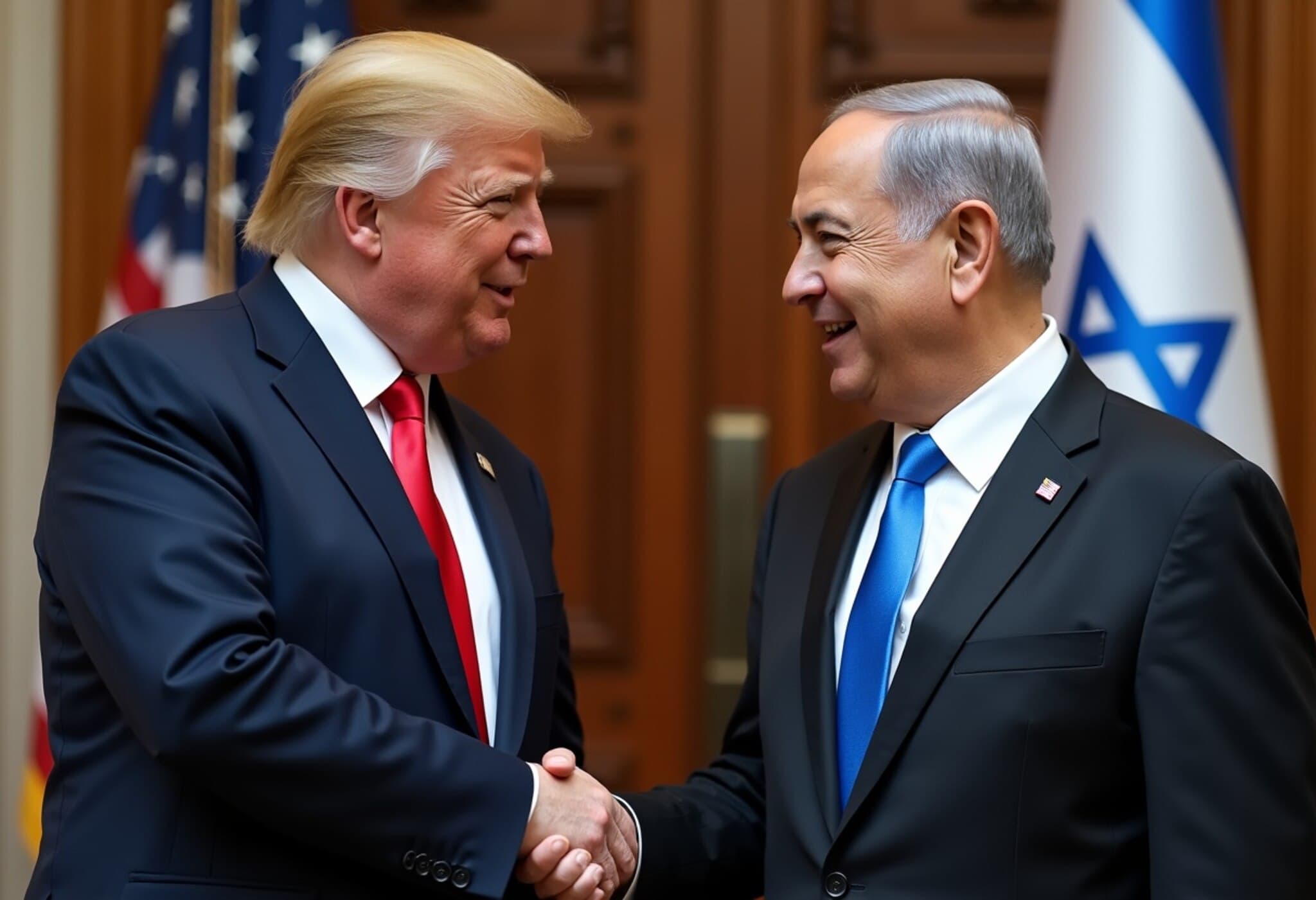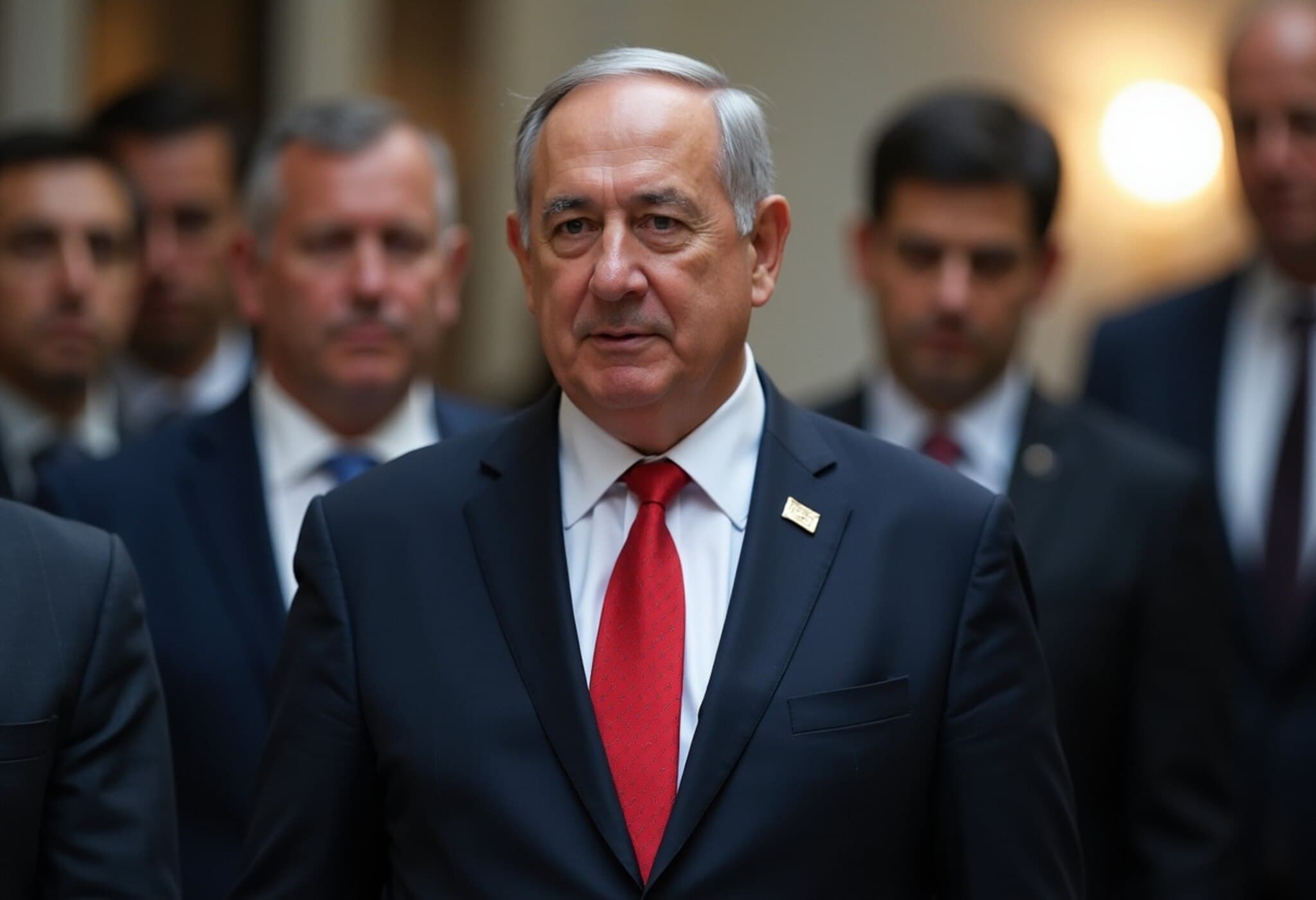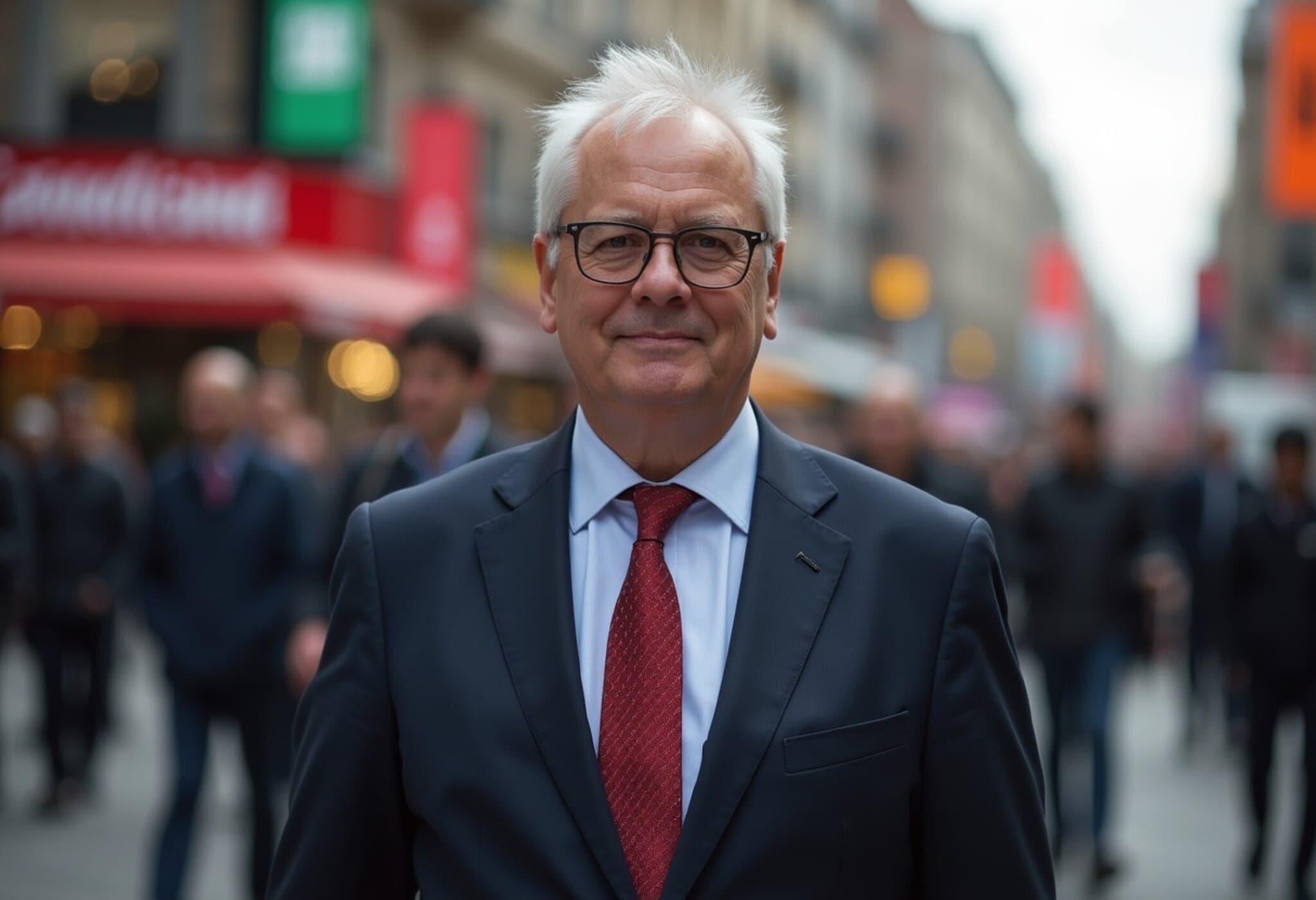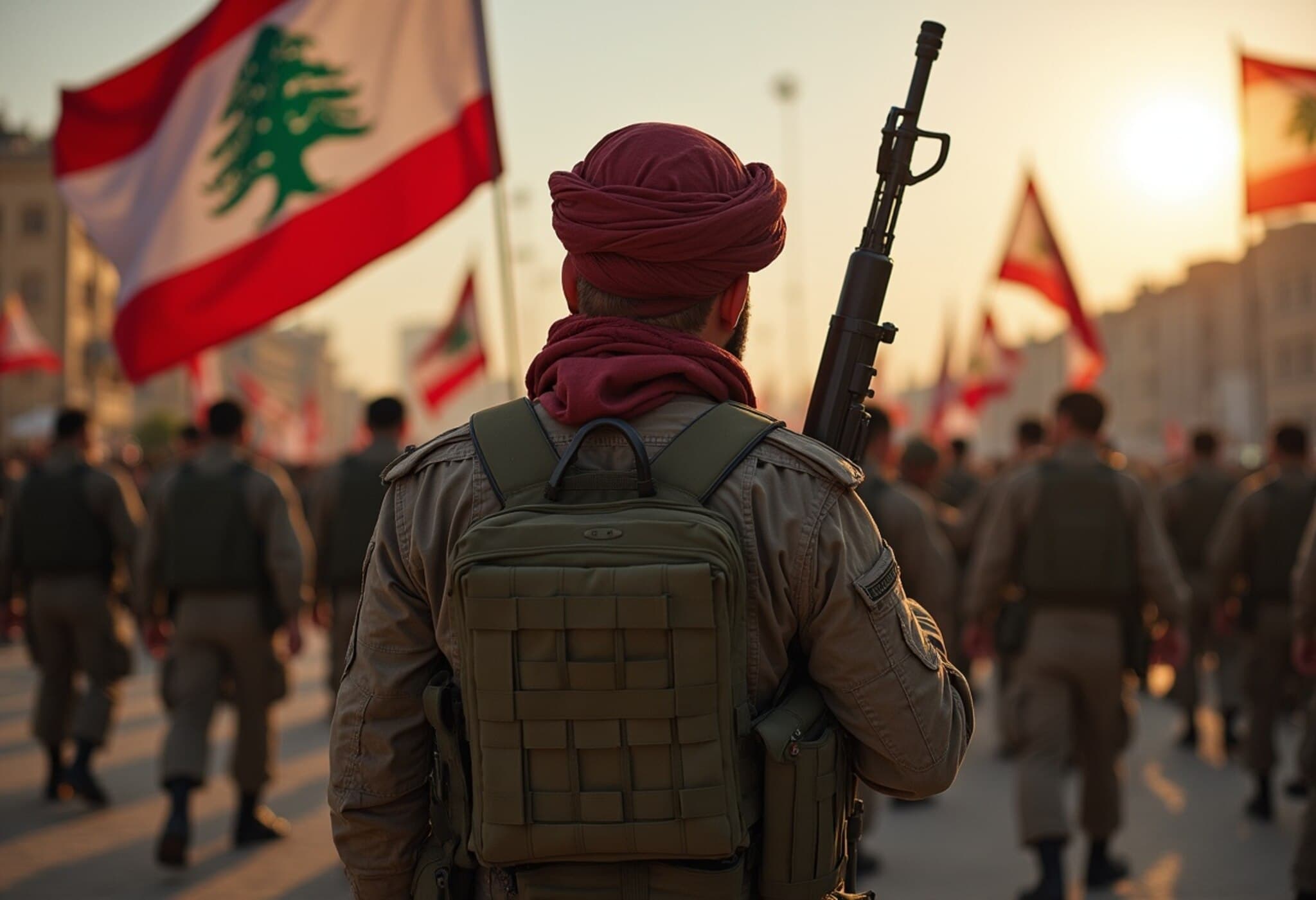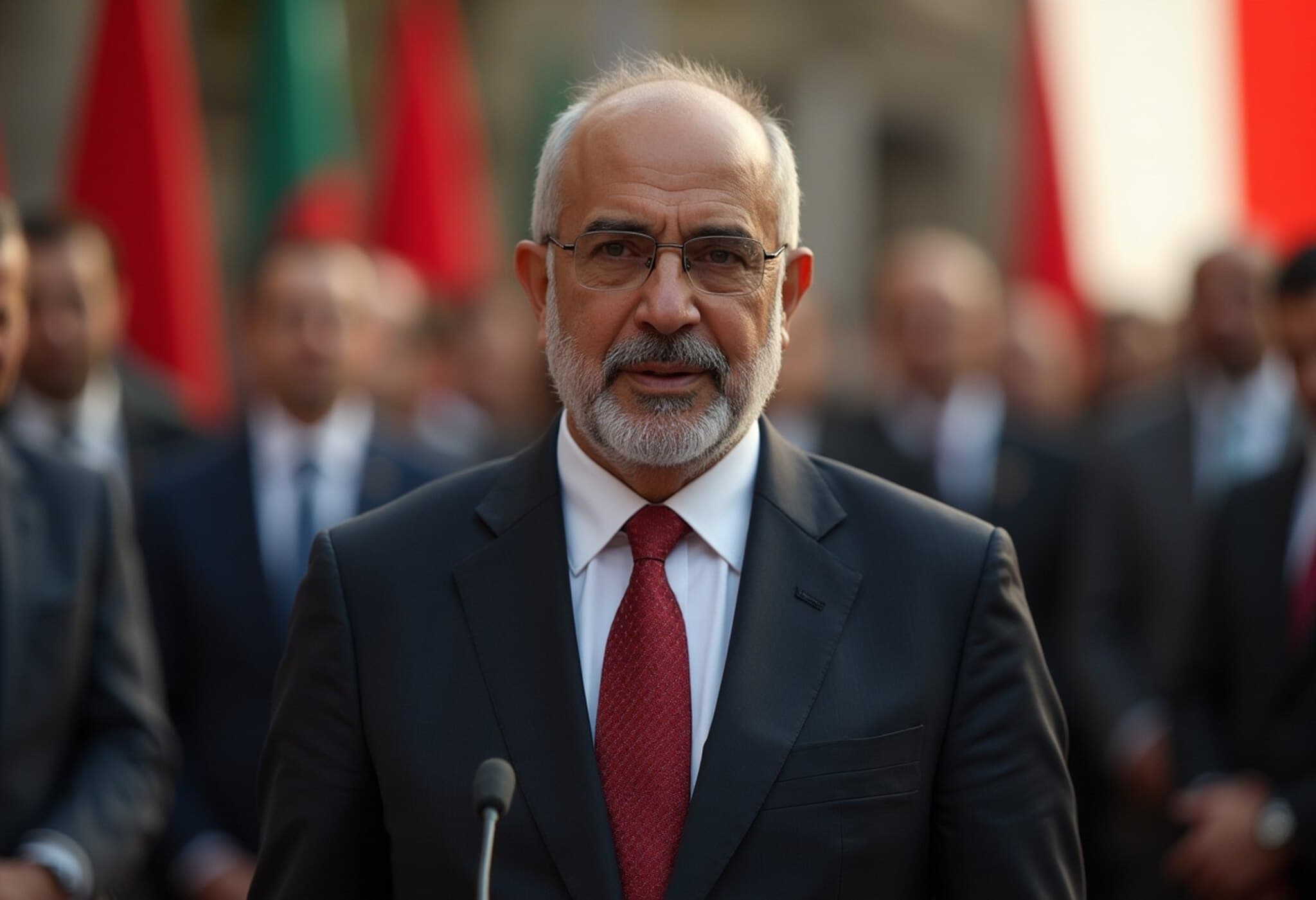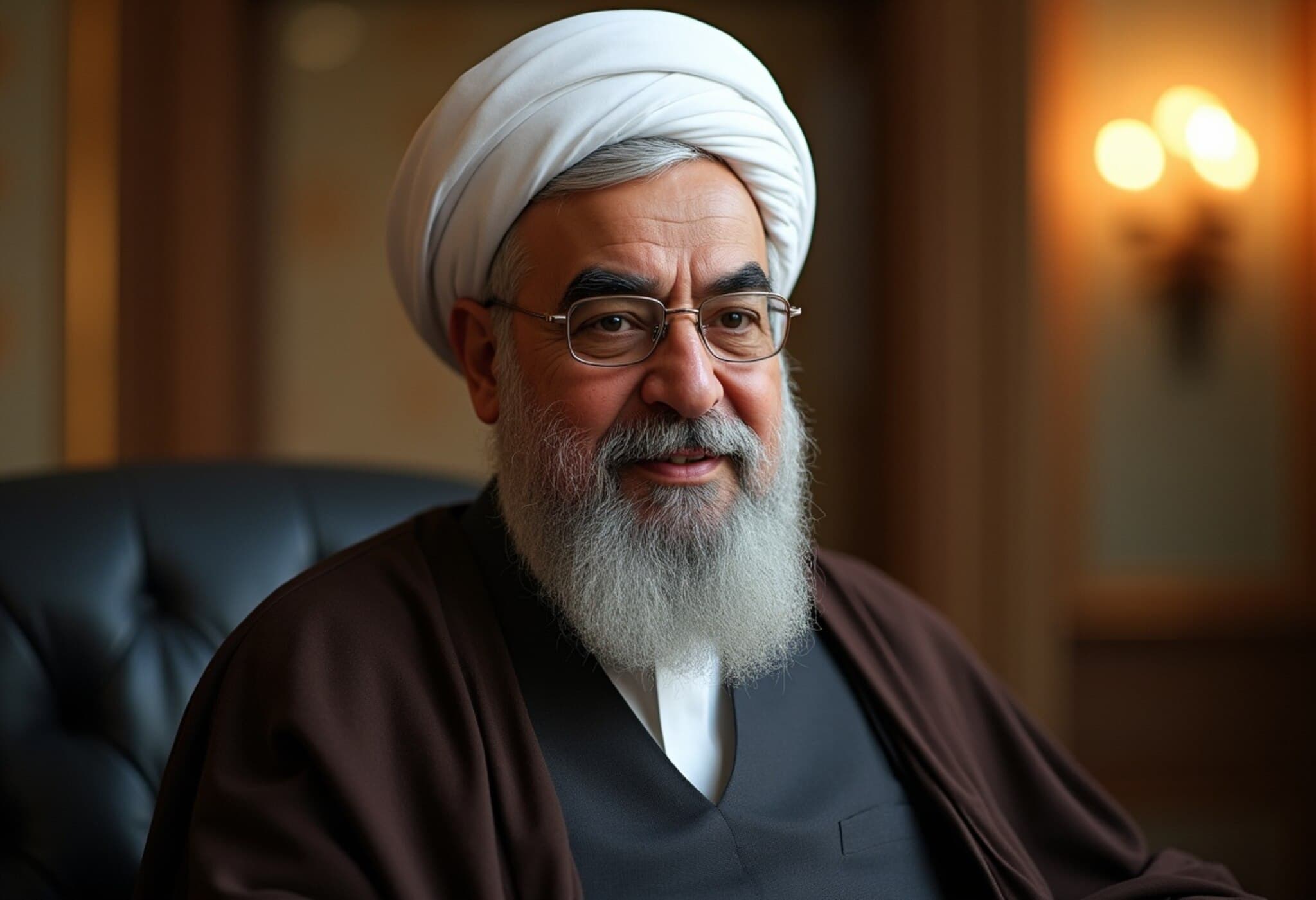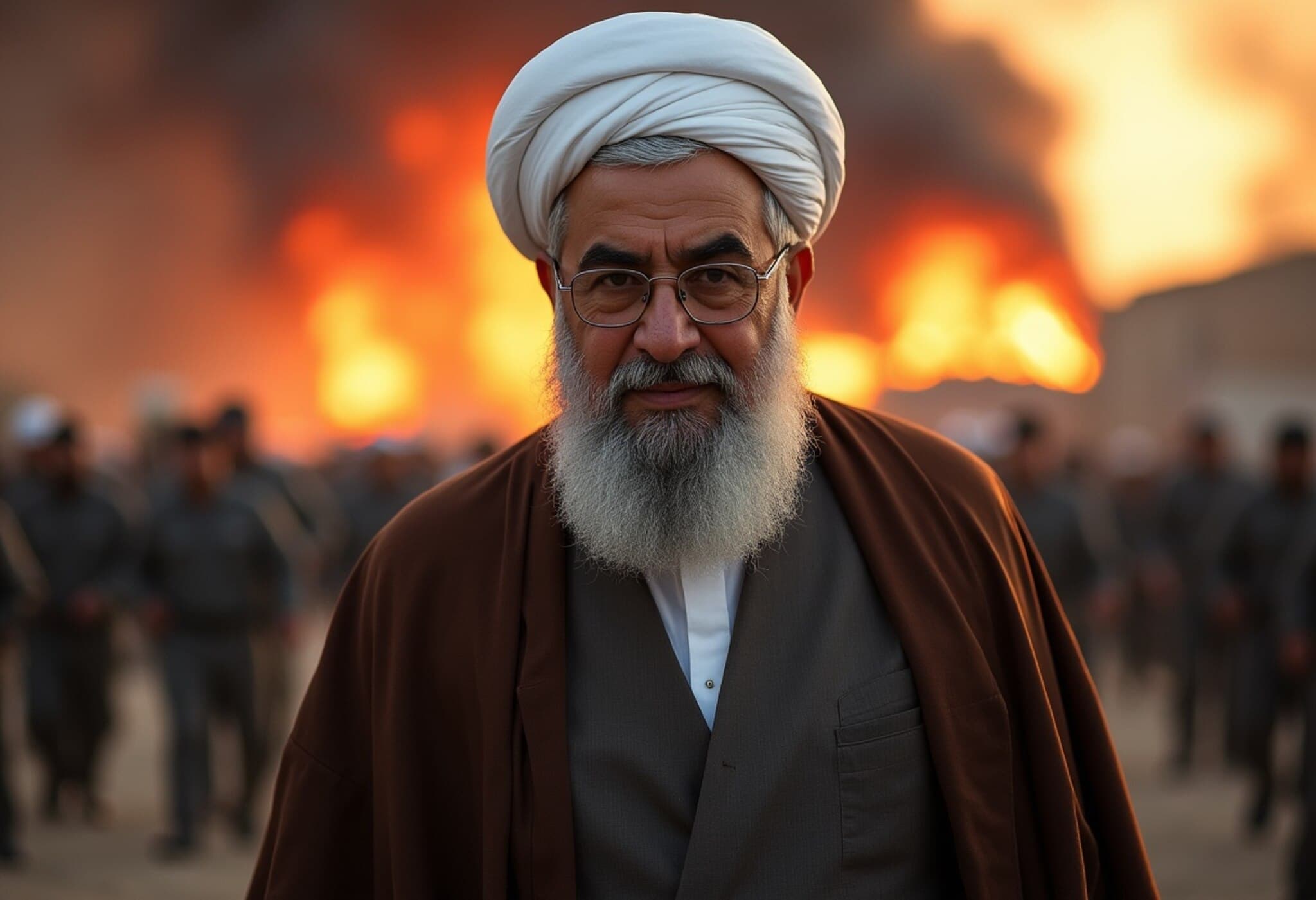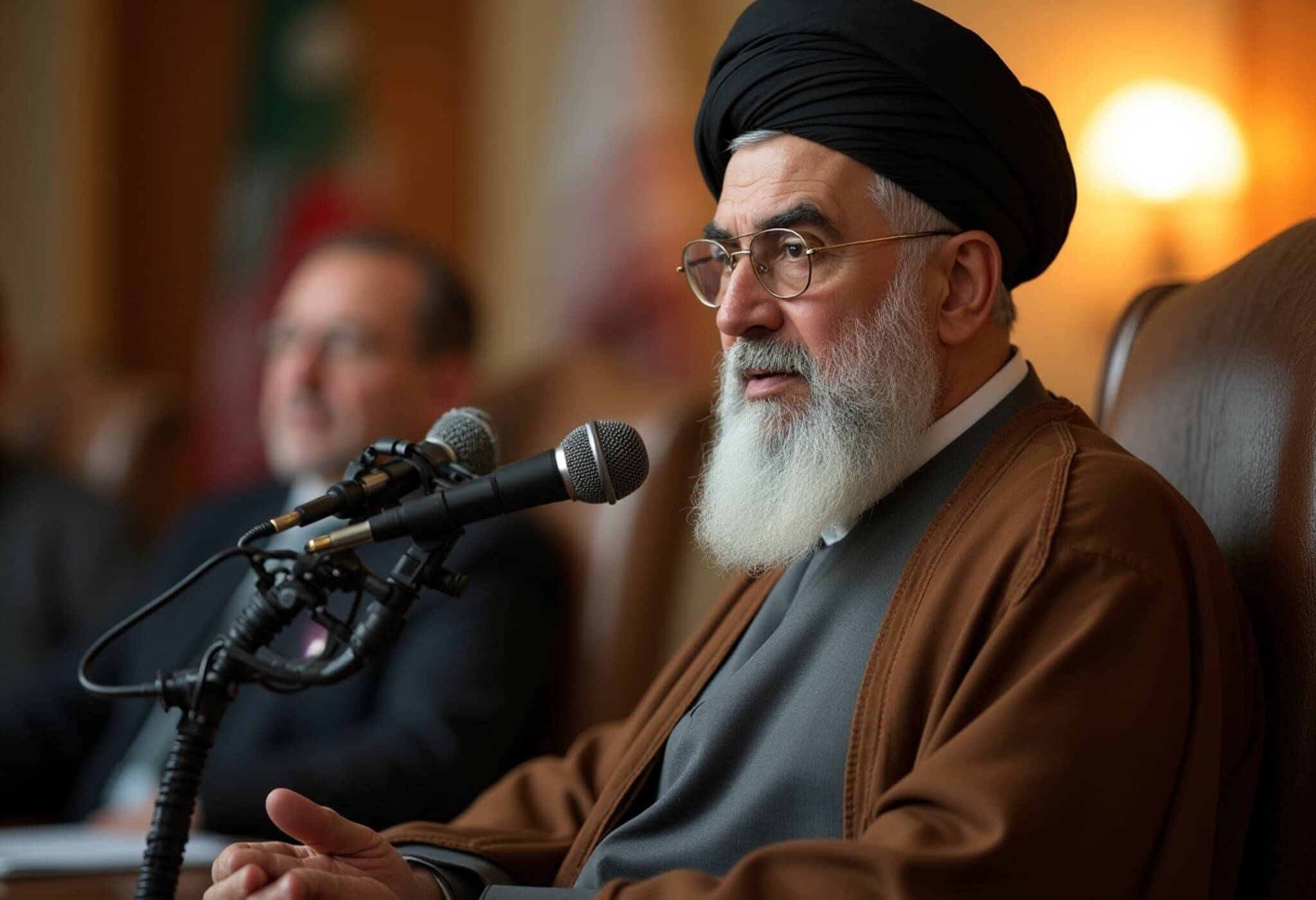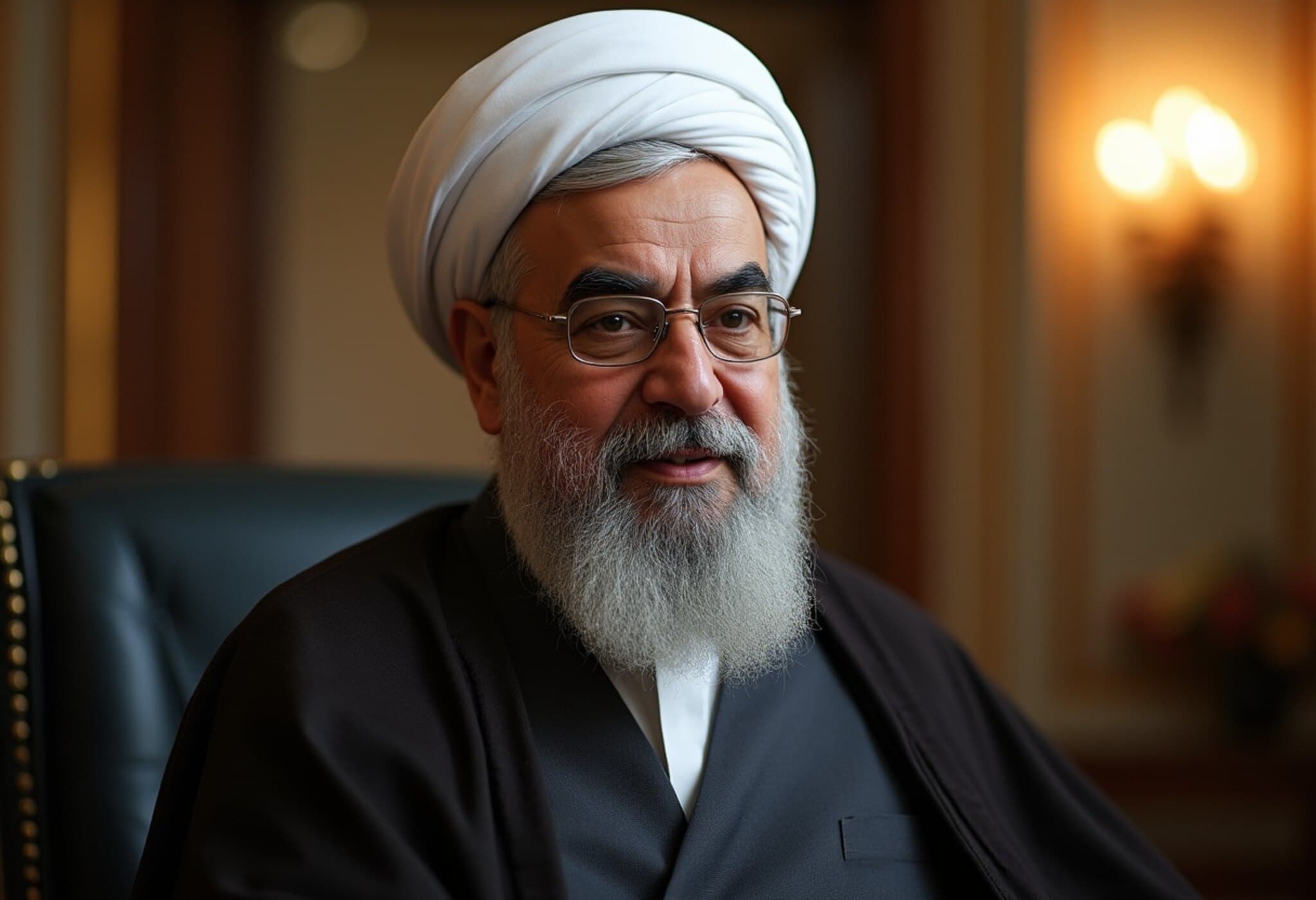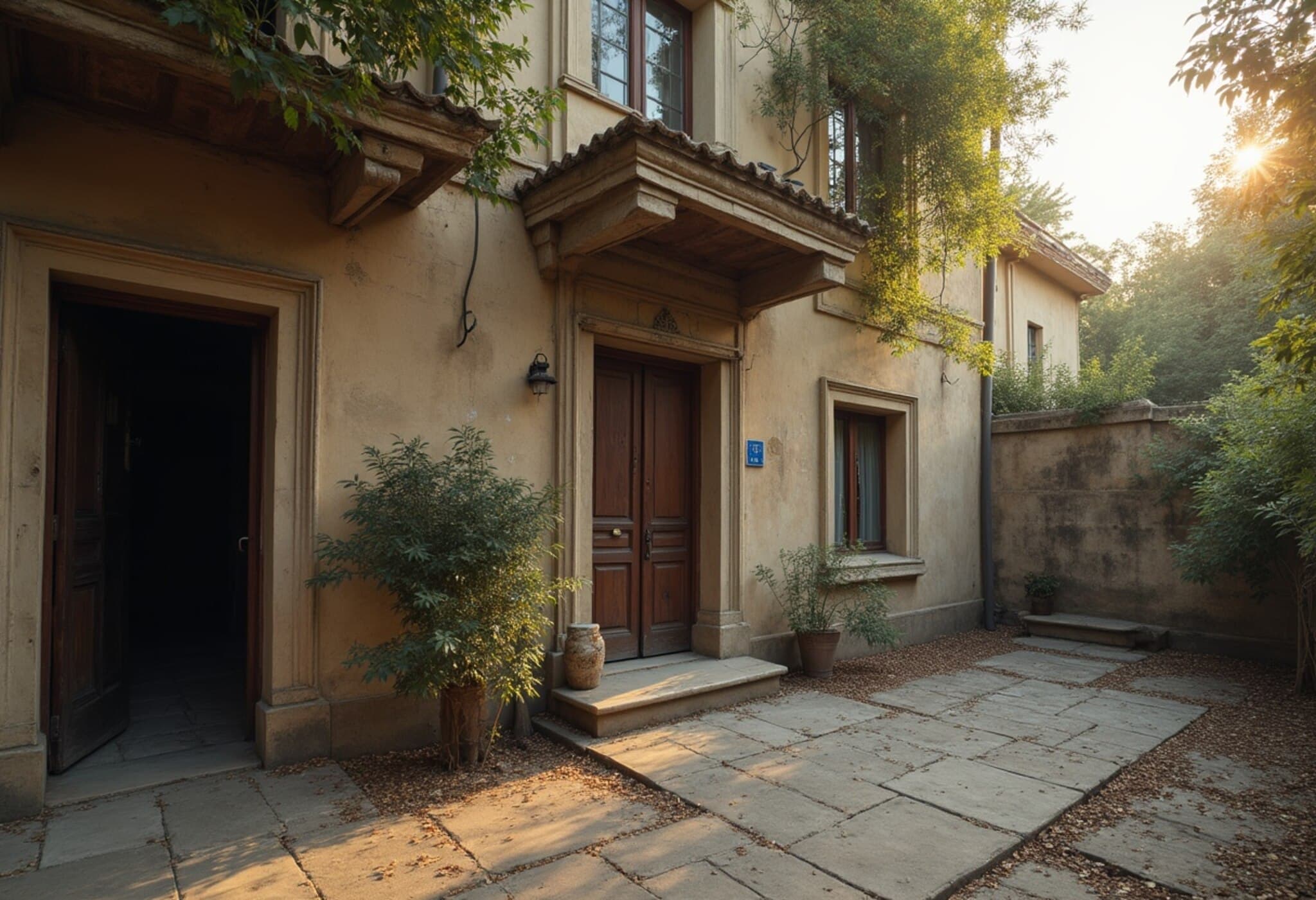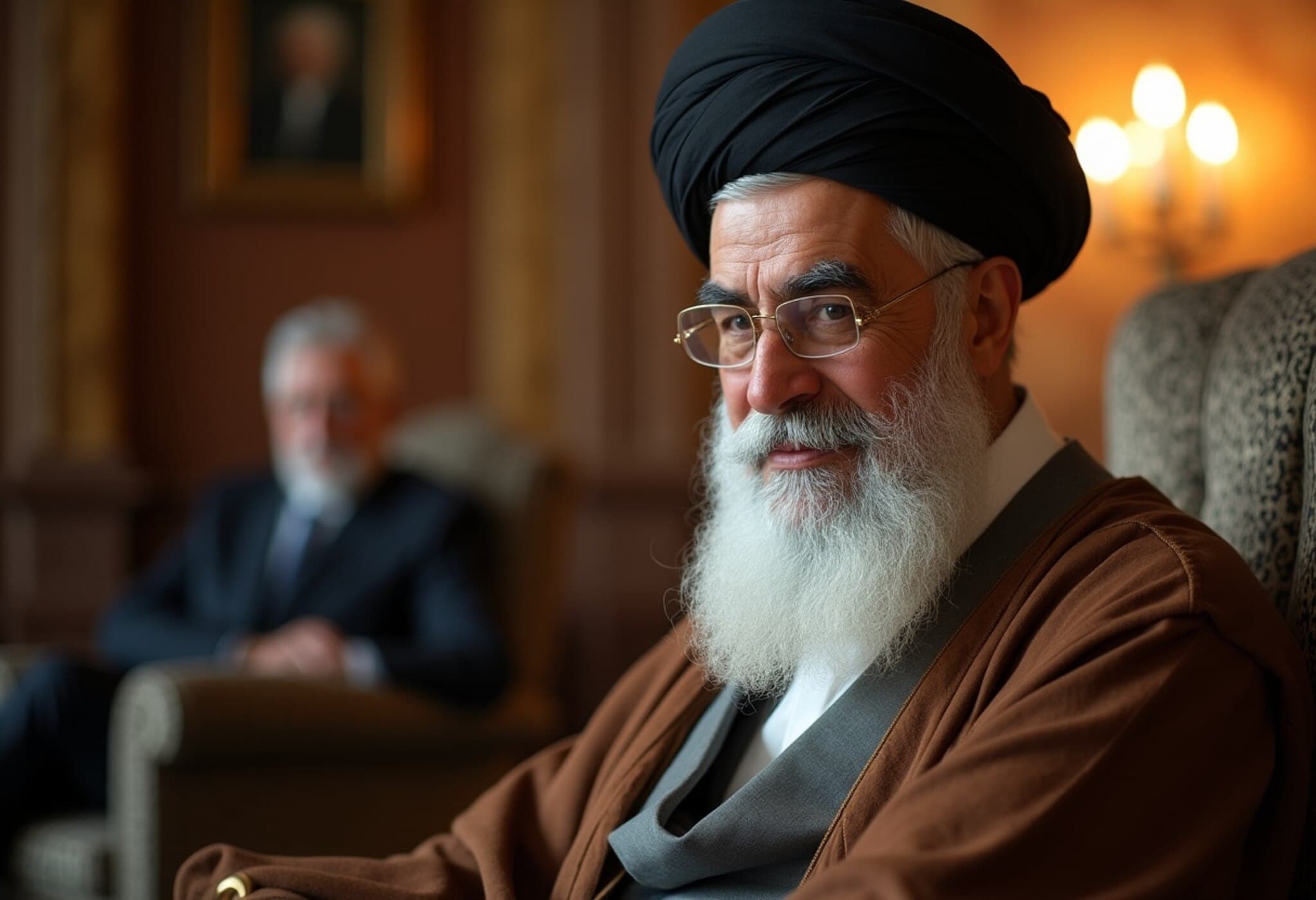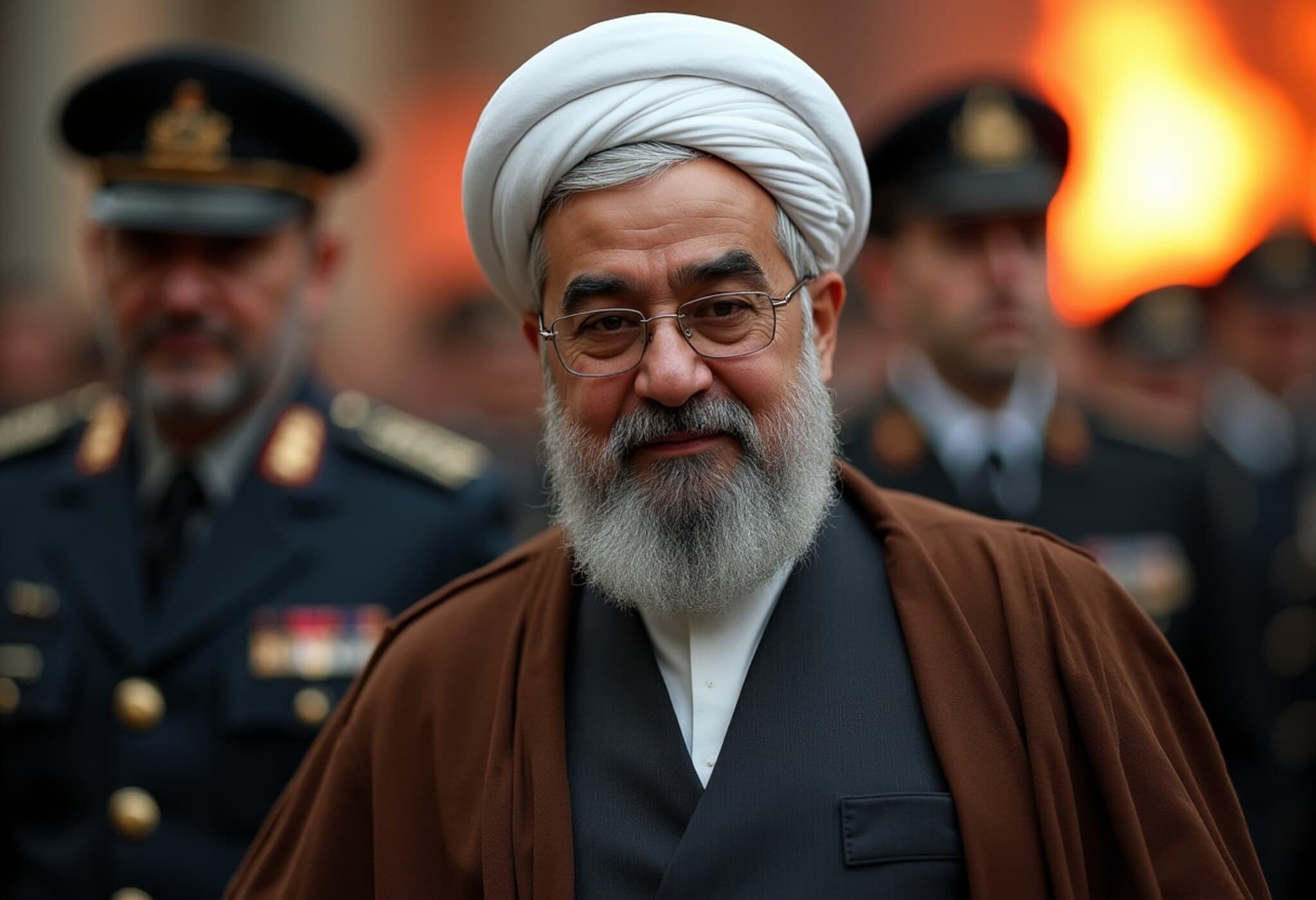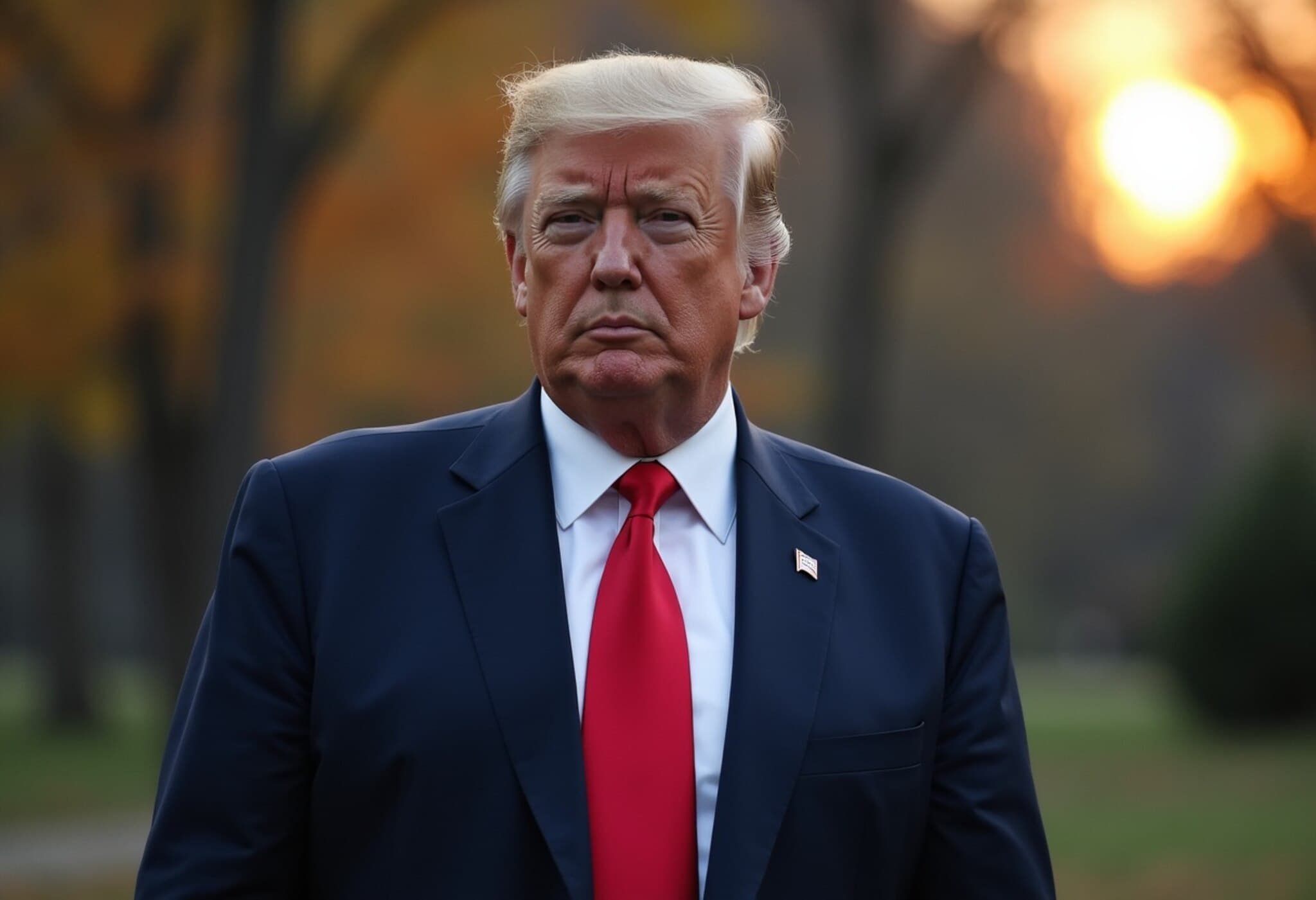Iran's Supreme Leader Prepares Successors Amid Rising Uncertainty
Amid escalating tensions and increasing security concerns, Iran's Supreme Leader Ayatollah Ali Khamenei has reportedly selected three senior clerics as potential successors. This unexpected move signals a possible shift away from dynastic succession, notably excluding his son, Mojtaba Khamenei, from the list of candidates. The development comes as Khamenei reportedly retreats to a secure underground bunker due to credible threats from the US and Israel, underscoring the precarious state of Iran’s top leadership.
Excluding Mojtaba: A Break from Dynastic Traditions?
Long speculated to be groomed for succession, Mojtaba Khamenei’s absence from the succession shortlist marks a significant departure from what many anticipated. By passing over his son, the Supreme Leader seems to emphasize the preservation of religious and institutional legitimacy over family lineage. Instead, the successors are senior clerics whose credentials align with the Islamic Republic’s foundational principles rather than personal ties.
Previously, Iran’s hardline former president Ebrahim Raisi was considered a front-runner for succession until his unfortunate death in a helicopter crash in 2024, adding further uncertainty to the leadership transition.
Heightened Security Amid External Threats
According to insider reports, Khamenei has limited his communications, suspending all electronic links and relying solely on a trusted aide to communicate with military commanders. This protocol mirrors growing fears around targeted assassinations, especially following a series of lethal Israeli strikes on high-ranking commanders within the Islamic Revolutionary Guard Corps (IRGC).
Iran has vowed retaliation after claiming to have thwarted a significant Israeli plot against its nuclear facility in Isfahan, labeling such attacks as 'unforgivable crimes.' These developments illuminate the intensity of the conflict and the threat environment enveloping Iran’s leadership.
Signals from the US and Israel: Khamenei Is Not Untouchable
Warnings from the US and Israel have intensified the sense of vulnerability around Khamenei. Former US President expressed clear disdain for the Supreme Leader, openly discussing awareness of his whereabouts and implying he is a viable target, though not targeted “for now.” Israeli Prime Minister also hinted that eliminating the Supreme Leader is on the table if deemed necessary.
Despite these veiled threats, Khamenei has refrained from direct responses but has firmly asserted that Iran will resist any external aggression.
Consolidating Power While Facing an Uncertain Future
By naming trusted clerics and reorganizing key positions within the IRGC, Khamenei appears to be securing a plan for continuity, signaling acknowledgment of the fragile nature of his rule and Iran’s political landscape. This rare transparency about succession reveals an acute awareness within the leadership of the mounting internal and external pressures challenging Iran’s future stability.

